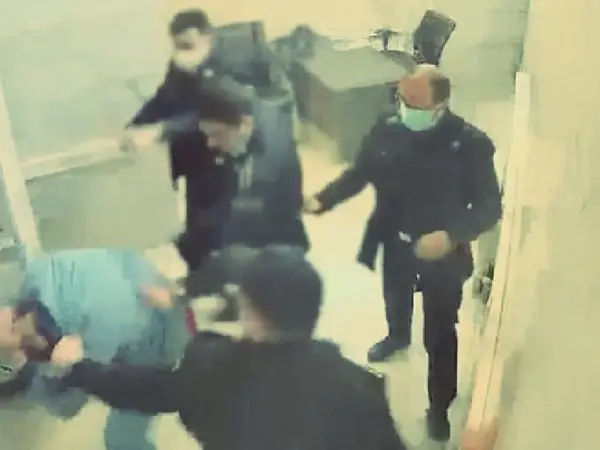Over 800 inmates at Urmia Central Prison in northwestern Iran have called for the removal of the prison's chief, citing a rise in suicide incidents attributed to mistreatment.
Reports from human rights sources reveal that prisoners have raised concerns in an open letter over abuse inflicted upon inmates and their families by the prison chief Peyman Khanzadeh and other guards.
The letter notably references the recent suicide of a prisoner who was condemned to amputation of limbs according to Islamic Sharia laws.
Despite calls from international bodies such as the United Nations and rights groups urging the cessation of amputation sentences and their execution in Iran, the issuance and execution of such punishments persist in the Islamic Republic, including whipping, finger amputation, stoning, and amputation of hands and feet.
"Amir Shahbazi, having been pardoned by all his complainants, ended his life through suicide with no prospects of freedom," added the letter.
According to the report, Shahbazi had previously communicated to his family in a letter that both the prison chief and a ward officer were factors leading to his decision to take his own life.
Prisoners further detail the dire conditions within solitary confinement cells describing them as "appalling" and "horrendous." They highlight that numerous inmates in these areas have taken their own lives in recent months, resulting in grieving families receiving the bodies of their loved ones every few months.
Human rights activists and organizations continue to voice concerns over the torture and mistreatment prevalent in Iran's prison system. They emphasize that such cases are particularly severe and widespread in facilities located outside the capital city, Tehran.

